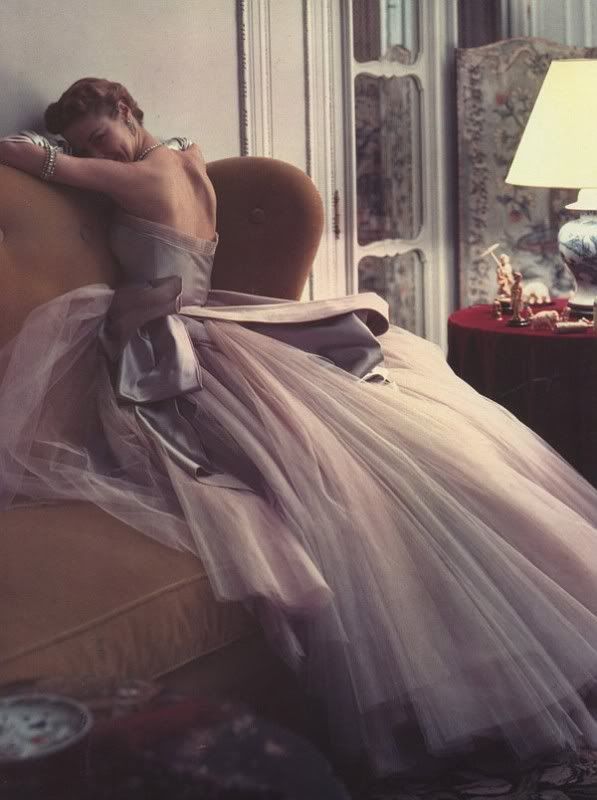Recently bought a new book of Albert Camus to add to the shelves. A man I respect ever declared that this was his favourite book, which got me curious. I read a few chapters of it online when I was in my ‘absurd theatre’ phase, and really quite liked it.
The central concern of The Myth of Sisyphus is what Camus calls “the absurd.” Camus claims that there is a fundamental conflict between what we want from the universe (whether it be meaning, order, or reasons) and what we find in the universe (formless chaos). We will never find in life itself the meaning that we want to find. Either we will discover that meaning through a leap of faith, by placing our hopes in a God beyond this world, or we will conclude that life is meaningless. Camus opens the essay by asking if this latter conclusion that life is meaningless necessarily leads one to commit suicide. If life has no meaning, does that mean life is not worth living? If that were the case, we would have no option but to make a leap of faith or to commit suicide, says Camus. Camus is interested in pursuing a third possibility: that we can accept and live in a world devoid of meaning or purpose.
The absurd is a contradiction that cannot be reconciled, and any attempt to reconcile this contradiction is simply an attempt to escape from it: facing the absurd is struggling against it. Camus claims that existentialist philosophers such as Kierkegaard, Chestov, and Jaspers, and phenomenologists such as Husserl, all confront the contradiction of the absurd but then try to escape from it. Existentialists find no meaning or order in existence and then attempt to find some sort of transcendence or meaning in this very meaninglessness.
Living with the absurd, Camus suggests, is a matter of facing this fundamental contradiction and maintaining constant awareness of it. Facing the absurd does not entail suicide, but, on the contrary, allows us to live life to its fullest.
Camus identifies three characteristics of the absurd life: revolt (we must not accept any answer or reconciliation in our struggle), freedom (we are absolutely free to think and behave as we choose), and passion (we must pursue a life of rich and diverse experiences).
Camus gives four examples of the absurd life: the seducer, who pursues the passions of the moment; the actor, who compresses the passions of hundreds of lives into a stage career; the conqueror, or rebel, whose political struggle focuses his energies; and the artist, who creates entire worlds. Absurd art does not try to explain experience, but simply describes it. It presents a certain worldview that deals with particular matters rather than aiming for universal themes.
The book ends with a discussion of the myth of Sisyphus, who, according to the Greek myth, was punished for all eternity to roll a rock up a mountain only to have it roll back down to the bottom when he reaches the top. Camus claims that Sisyphus is the ideal absurd hero and that his punishment is representative of the human condition: Sisyphus must struggle perpetually and without hope of success. So long as he accepts that there is nothing more to life than this absurd struggle, then he can find happiness in it, says Camus.
Camus appends his essay with a discussion of the works of Franz Kafka. He ultimately concludes that Kafka is an existentialist, who, like Kierkegaard, chooses to make a leap of faith rather than accept his absurd condition. However, Camus admires Kafka for expressing humanity’s absurd predicament so perfectly.

